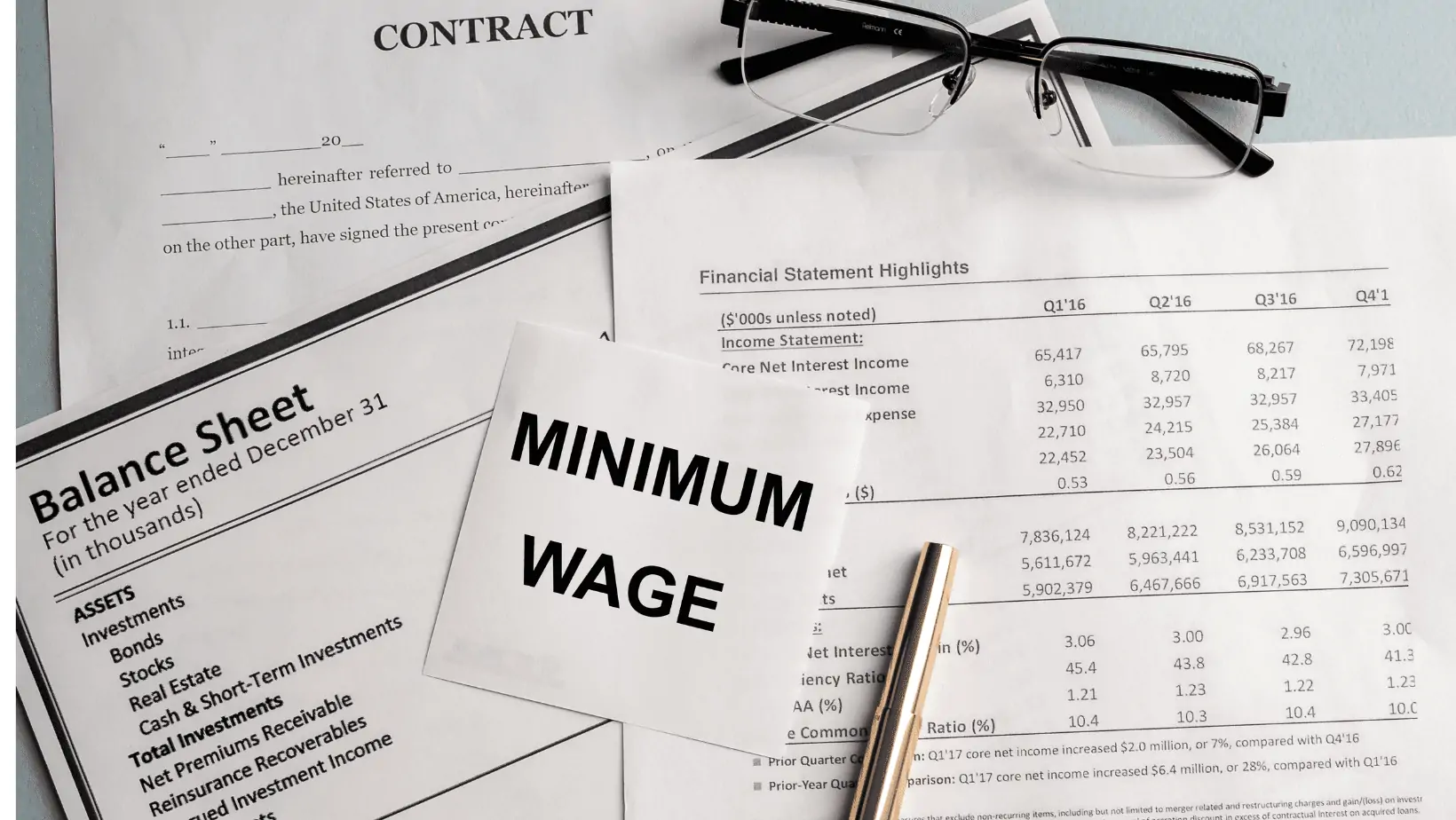
South Africa’s National Minimum Wage (NMW) is once again under scrutiny as the National Minimum Wage Commission calls for input and feedback from stakeholders ahead of the 2024 NMW review. This critical process, designed to ensure a fair and equitable wage structure for the nation’s workers, carries significant implications for the economy, collective bargaining, and income differentials among other factors.
Stakeholders with a vested interest in the potential adjustment of the NMW have until this Friday, September 8, 2023, to submit their written representations. The call for input was issued by the Chairperson of the NMW Commission, Professor Adriaan van der Walt, on August 1, 2023. The Commission is responsible for reviewing the NMW annually and making recommendations for adjustments.
This invitation for written submissions aligns with Section 6(2) of the National Minimum Wage Act, No. 9 of 2018, which mandates the Commission to engage with stakeholders and consider their inputs in the annual review process.
As of March 1, 2023, the NMW stands at R25.42 for each ordinary hour worked, following an increase from the previous rate of R23.19. This adjustment, announced by Employment and Labour Minister T.W Nxesi in February 2023, was welcomed by workers as a step towards improving their living standards.
The NMW, as per the National Minimum Wage Act, applies to all workers and their employers across South Africa, with exceptions for specific groups such as members of the South African National Defence Force, the National Intelligence Agency, and the South African Secret Service. Additionally, the act does not cover volunteers, individuals who perform work without receiving any remuneration for their services.
The annual NMW review process is not merely an administrative exercise but a vital mechanism for evaluating the economic impact and implications of the minimum wage on various aspects of society.
To uphold the principles of the National Minimum Wage Act, employers are expected to adhere to the prescribed minimum wage rates. Failure to do so can result in penalties and fines. Employers found to be paying their employees less than the national minimum wage may face legal consequences, reinforcing the importance of compliance.
The call for written representations is a significant opportunity for various stakeholders, including labor unions, employers’ organizations, and advocacy groups, to provide valuable insights into the NMW adjustment for 2024. Public participation is a crucial aspect of ensuring that the NMW remains responsive to the evolving needs of South Africa’s workforce.
Stakeholders are encouraged to submit their written representations to the NMW Commission before the impending deadline. These submissions will be thoroughly reviewed and considered in the Commission’s decision-making process.
The National Minimum Wage Commission, established by the National Minimum Wage Act, is tasked with several critical functions related to the NMW:
| Function | Description |
|---|---|
| Reviewing the NMW | The Commission reviews the NMW annually and makes recommendations for adjustments based on economic factors and societal needs. |
| Investigating Impact | It assesses the impact of the NMW on various aspects, including the economy, collective bargaining, and income differentials. |
| Ensuring Compliance | The Commission plays a role in enforcing compliance with the NMW, ensuring that employers adhere to the prescribed wage rates. |
The 2024 NMW review holds significant implications for South Africa. While workers hope for an increase that will improve their living standards, businesses are concerned about potential higher labor costs and their impact on profitability.
The country’s economic situation, inflation rates, and the overall welfare of workers will play a crucial role in determining the NMW adjustment for 2024. Additionally, the Commission will carefully consider the insights and recommendations provided by stakeholders in response to its call for input.
As the deadline for submitting written representations on the potential adjustment of the National Minimum Wage for 2024 approaches, stakeholders across South Africa are actively engaged in shaping the nation’s wage policies. The NMW Commission’s commitment to an inclusive and participatory process ensures that the voices of workers, employers, and advocacy groups are heard and considered.
This website uses cookies.